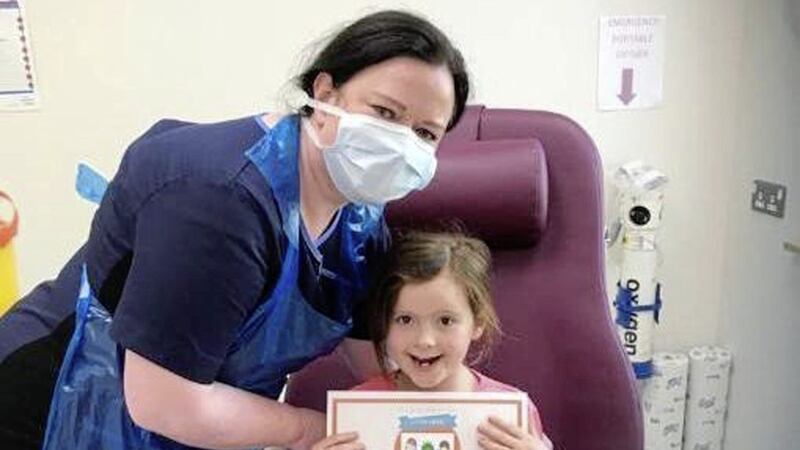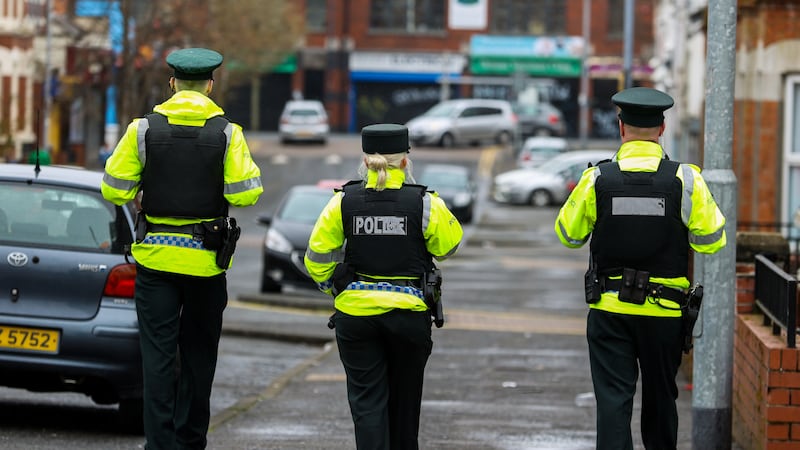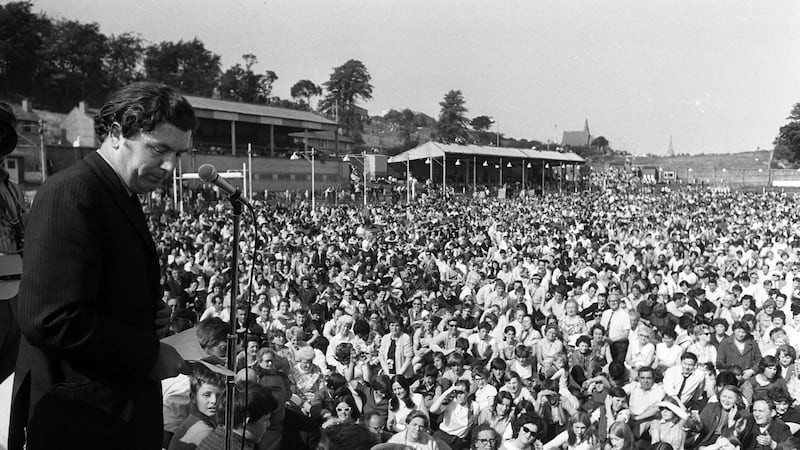MORE than 1,000 'Covid warrior' children are taking part in a potentially groundbreaking study to discover if they've had coronavirus - and developed an immunity to fight off the infection.
Led by Queen's University Belfast (QUB), the UK-wide trial is the first of its kind with researchers saying the results could be important in terms of planning measures such as opening schools and a return to routine paediatric clinics.
Healthy children of NHS frontline workers from Northern Ireland, Scotland, England and Wales will have Covid-19 antibodies measured over time - at baseline, two months and six months.
Researchers aim to assess the number of children who may have had the virus or been exposed it and if they have antibodies that could fight off infection.
Those taking taking part receive 'Covid warrior' certificates.
To date, around 600 children between the ages of two and 16 have been recruited, with antibody testing on blood samples already completed for the first round - the trial began in April - in Belfast, London and Glasgow. Cardiff and Manchester are currently recruiting.
An eight-week review clinic is taking place this Saturday for children in the Belfast study.
Dr Tom Waterfield, a researcher at QUB's Wellcome-Wolfson Institute for Experimental Medicine, is leading the trial which is being carried out in partnership with the Belfast health trust and Public Health England.
He told The Irish News it's clear from their early findings that one in three children developed antibodies - but had not shown symptoms of the virus.
He said that children may not be key in "spreading" the virus.
"From our data and it is just preliminary, it would suggest that our cohort are getting the virus off their parents. They are not bringing the virus into the house themselves," he said.
"Our study will be following the children up after six months so we can see how things change over time - so six months from baseline will we see a greater proportion with antibodies? Also, there is the potential to see if the antibodies still exist... we don't know how long the antibodies persist."
The leading medic said it is unclear what proportion of UK children have been exposed to Covid-19, the differences between regions, and the number of those who have developed the antibodies to prevent future re-infection.
Data from the study could be important for planning around schools and healthcare services, he added.
"We are looking at patterns of transmission within the family and if we understand what's going on in terms of what role children play in transmission, then that's really useful for schools opening and other vital children's services," Dr Waterfield added.
"If the children are symptomatic we arrange for them to have swab testing. But one of the things we can say even from our early data is that one in three children will not have any history of symptoms of being unwell despite being exposed to the virus and developing antibodies."
Dr Waterfield said they were looking at "exploratory" saliva antibody testing for children which would be "really useful" for younger kids who found blood tests difficult.
Health minister Robin Swann, described the study as a "hugely important UK-wide trial" and welcomed the "central role" of the Queen's University team.
"Expert research has a central role in the world’s battle against Covid-19. Our understanding of this virus has already been greatly enhanced at pace but there is still much more to learn. My thanks go to everyone involved in this study," he said.








